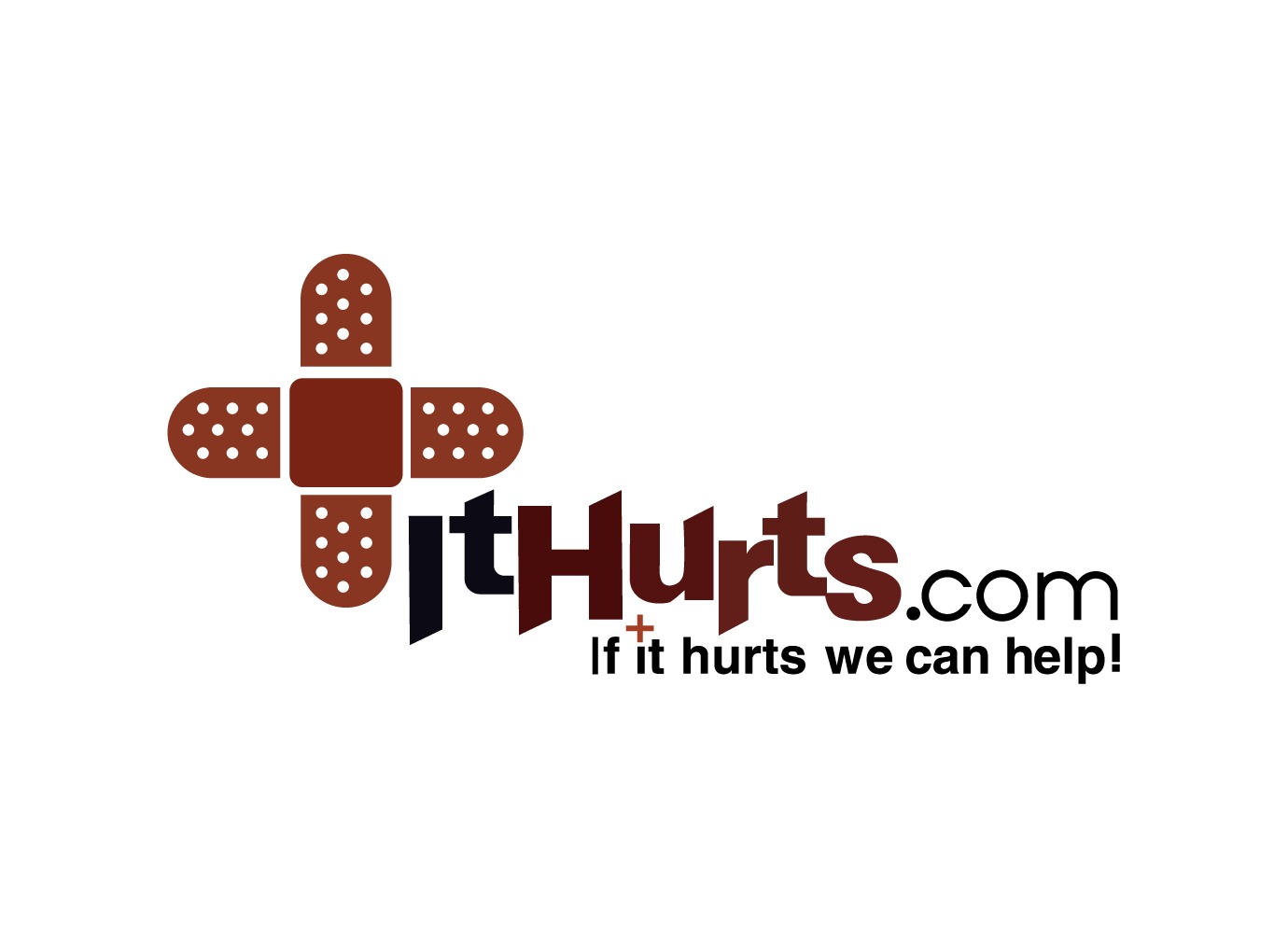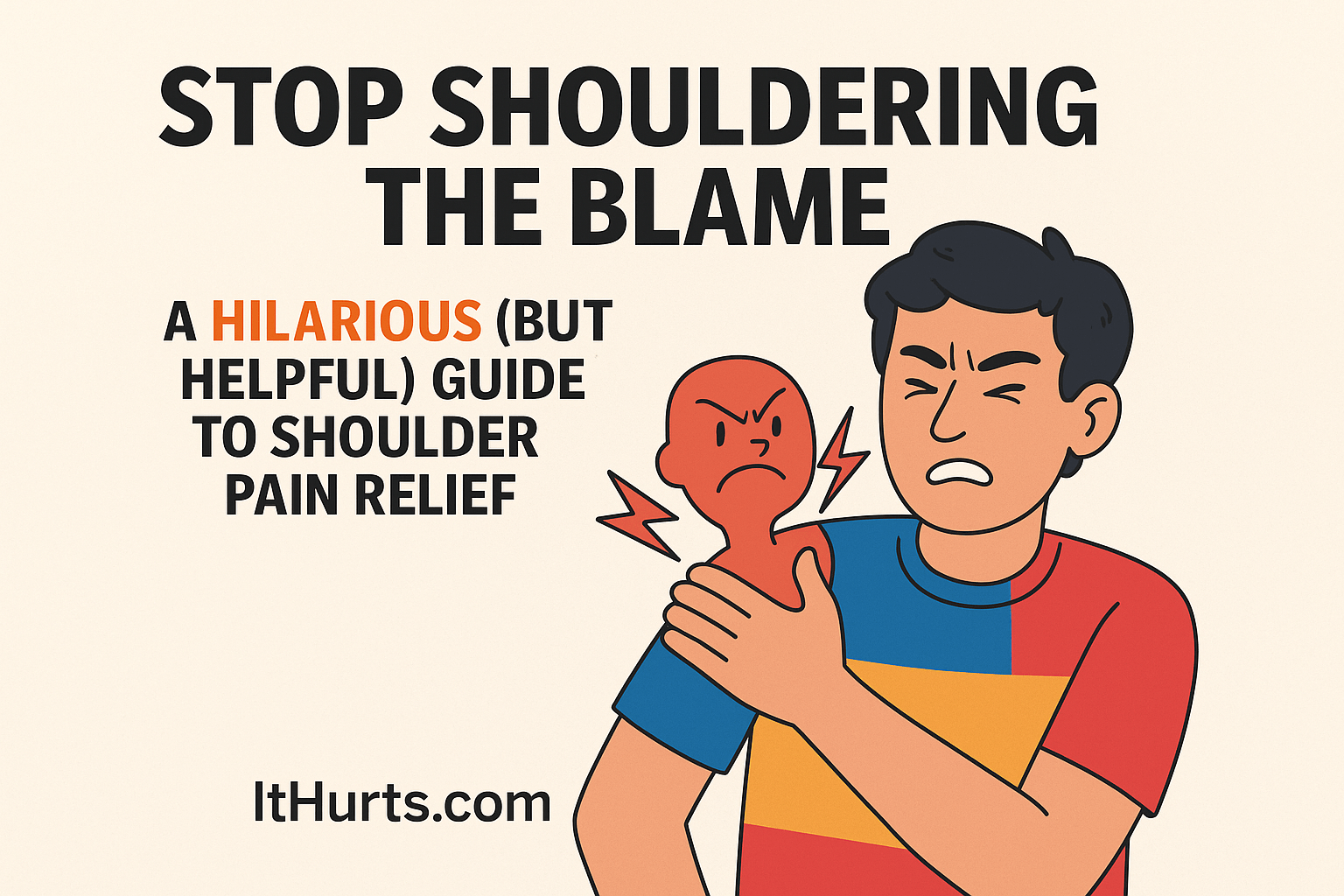Understanding the Pain Perception Process
Pain is not just a physical sensation but a complex interplay of biology, environment, and emotional and psychological factors. It is processed by the brain, which interprets signals sent from the nerves. Chronic pain, in particular, can lead to changes in the brain connected with how pain is perceived and processed. Meditation can influence this perception by altering brain activity and fostering a new response to pain.












